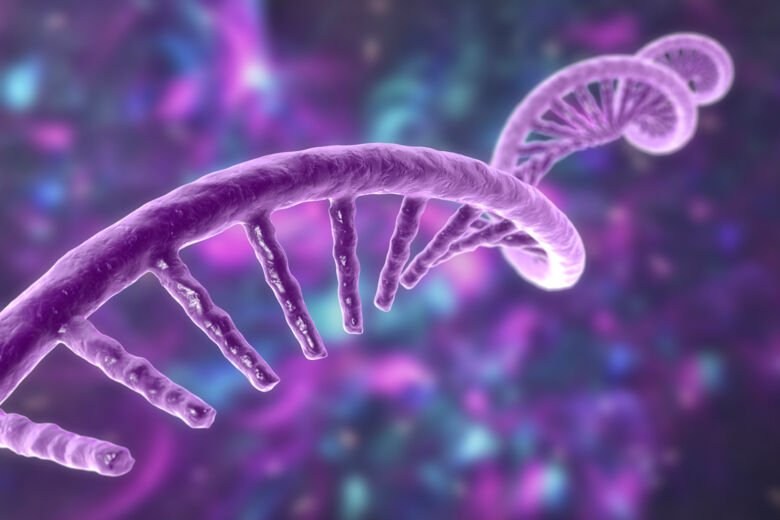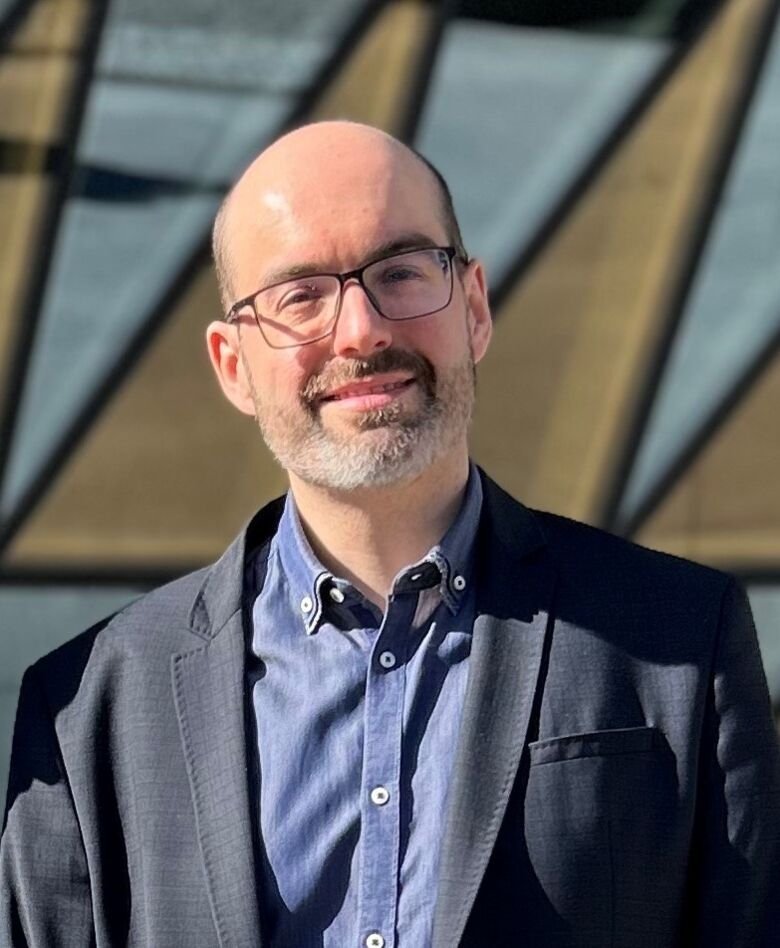Vicente Pelechano receives ERC Synergy Grant for mRNA research

The EPIC project (Eukaryotic Post-TranscrIptional Code) has been awarded a ERC Synergy Grant of EUR 10 million to be shared by Vicente Pelechano, Karolinska Institutet, and his two partners Kevin Verstrepen, VIB-KU Leuven, Belgium, and Julien Gagneur, Technical University of Munich, Germany.
It is the complex processes that control how cells use genetic information that Dr Pelechano, senior researcher at Karolinska Institutet and expert on RNA biology, and his colleagues Professor Vestrepen (Genetics and Biotechnology) and Professor Gagneur (Machine learning), are studying in their multidisciplinary project, EPIC.
The ERC (European Research Council) has now awarded them a six-year Synergy Grant for their project, through which they aim to gain a better understanding of how genes are coded.

“If we crack the mRNA code, we’ll be better able to understand and manipulate genes so that they produce the desired effects,” says Vicente Pelechano, senior researcher at the Department of Microbiology, Tumour and Cell Biology at Karolinska Institutet. “This is potentially revolutionary.”
While our DNA contains information in the form of our genetic code, it is via mRNA (messenger RNA) that this information is converted into useable instructions.
Evolution over 500 million years
With its help, cells produce the proteins that are the building blocks of physiological function – and this process is regulated by how the mRNA is interpreted.
"If DNA is a book, mRNA:s are the instructions for how the book is to be interpreted," says Dr Pelechano. "Understanding the interpretation process is at the core of the EPIC project. Our international team combines expertise in genetics, system and synthetic biology with machine learning. This ERC grant allows us to focus on understanding gene regulation and its evolution over a time span of 500 million years. This is an evolutionary distance equal to that between us and a starfish."
By feeding large amounts of data into a specially designed machine-learning system for genetic information, the researchers will be analysing how genes have evolved and how the changes they have undergone affect the way the cells use this information.
Computer generating cells
Ultimately, the aim is to get a computer either to predict how a cell will use a certain piece of information or to design the gene the researchers want.
Collaborating across three countries is one of the project’s main challenges, says Dr Pelechano. But he also sees it as an opportunity to broaden knowledge horizons.
"A project like this requires both multidisciplinary and international collaboration."
The ERC grant gives the researchers the time and opportunity to further widen the understanding of how life works.
"We can take a step away from specific medical applications, such as infection biology or cancer, to focus on the basic mechanisms that control these processes," says Dr Pelechano. "We have to understand on a fundamental level how life works if we are to solve a problem or alleviate a disease."
ERC Synergy Grant
The ERC Synergy grant is a grant scheme that supports small teams of scientists intending to address major research problems. This year, thirty-seven research groups will receive €359 million in total to address some of the world’s most formidable research problems spanning a range of scientific disciplines.
The ERC Synergy grant helps groups of researchers to pool different skills, knowledge and resources to achieve progress through the cross-fertilisation of scientific disciplines, new productive points of inquiry or new methods and techniques. The ERC Synergy Grant scheme is part of the EU's research and innovation programme, Horizon Europe.
